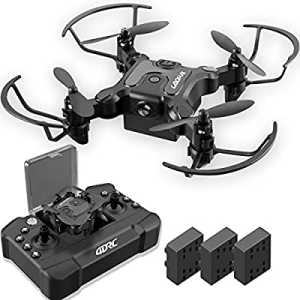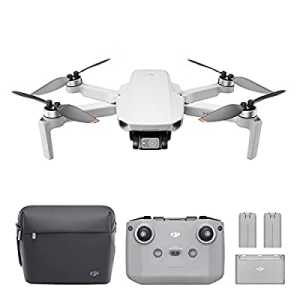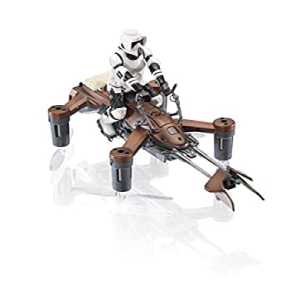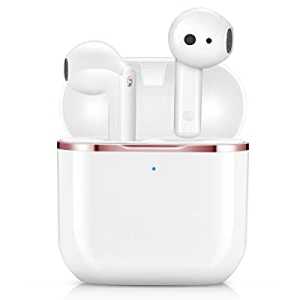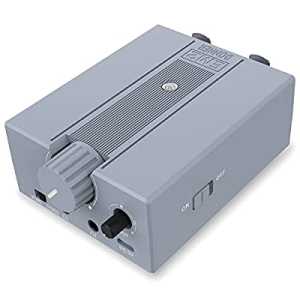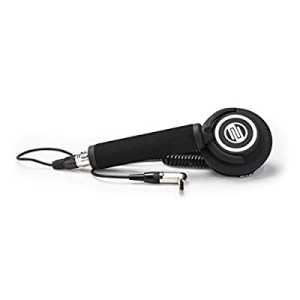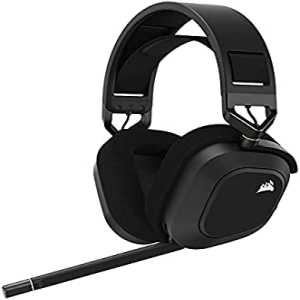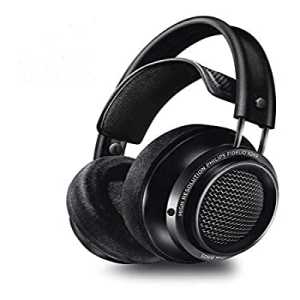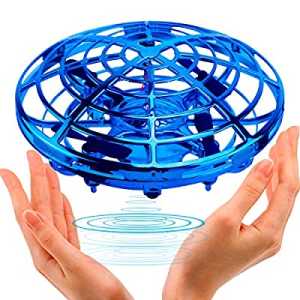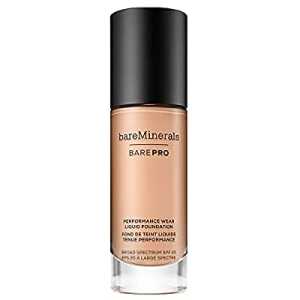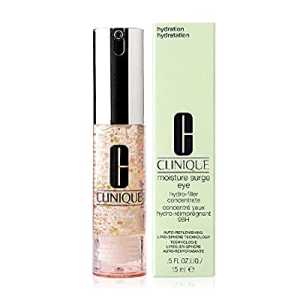
Managing Hypertension: Strategies For Controlling High Blood Pressure

Hey there! Are you struggling with high blood pressure and looking for effective ways to manage it? You're in the right place. High blood pressure, also known as hypertension, is a common health issue that affects millions worldwide. Let's dive into understanding and managing hypertension. If you are looking for a cardiovascular doctor in Seawoods do consider Dr. Kalkekar's CURA Advanced Cardiac Health Clinic for an effective solution for your heart.
Hypertension is a condition where the force of blood against the walls of the arteries is consistently too high. Over time, this can lead to serious health problems, such as heart disease, stroke, and kidney damage.
Understanding Blood Pressure
Blood pressure is measured using two numbers: systolic and diastolic. Systolic pressure is the force when your heart beats, while diastolic pressure is the force when your heart is at rest. A normal blood pressure reading is typically around 120/80 mm Hg.
Causes of Hypertension
Lifestyle Factors
Unhealthy lifestyle choices can contribute to high blood pressure. These include:
- Poor Diet: Consuming too much salt, saturated fats, and cholesterol.
- Lack of Exercise: Not getting enough physical activity can lead to weight gain and increased blood pressure.
- Smoking and Alcohol: Both can raise blood pressure and damage the heart.
Medical Conditions
Certain medical conditions can also cause hypertension:
- Kidney Disease: Impaired kidney function can affect blood pressure regulation.
- Thyroid Disorders: Overactive or underactive thyroid can lead to high blood pressure.
- Sleep Apnea: Interruptions in breathing during sleep can increase blood pressure.
Risks Associated with High Blood Pressure
High blood pressure can lead to several health risks, including:
- Heart Disease: Narrowed arteries and increased workload on the heart.
- Stroke: Reduced blood flow to the brain can cause a stroke.
- Kidney Damage: High blood pressure can damage the kidneys over time.
Diagnosing Hypertension
Blood Pressure Measurements
Regular blood pressure checks are crucial for early detection. Elevated readings may require further evaluation and monitoring.
Medical Tests
Additional tests, such as blood tests, urine analysis, and ECG, may be needed to determine the cause and severity of hypertension.
Lifestyle Changes for Hypertension Management
Making lifestyle modifications can significantly lower blood pressure levels:
Diet Modifications
- Reduce Salt Intake: Opt for low-sodium alternatives and limit processed foods.
- Eat More Fruits and Vegetables: Rich in potassium and fiber, they support healthy blood pressure levels.
- Limit Alcohol and Caffeine: Excessive consumption can raise blood pressure.
Physical Activity
Regular exercise can help control blood pressure. Aim for at least 30 minutes of moderate-intensity activity most days of the week.
Stress Management
Practicing relaxation techniques, such as deep breathing, meditation, and yoga, can help reduce stress levels and lower blood pressure.
Medication for Hypertension
In some cases, medication may be necessary to manage hypertension:
Types of Blood Pressure Medication
- Diuretics: Help eliminate excess sodium and fluid from the body.
- Beta-blockers: Reduce heart rate and workload on the heart.
- ACE inhibitors: Relax blood vessels and lower blood pressure.
Side Effects and Precautions
It's essential to discuss potential side effects and precautions with your healthcare provider before starting any medication.
Monitoring Blood Pressure at Home
Regular home monitoring can help track your progress and ensure your blood pressure stays within a healthy range.
Alternative Therapies and Natural Remedies
Some people find relief from hypertension through alternative therapies, such as acupuncture, herbal supplements, and biofeedback. Always consult with a healthcare professional before trying any alternative treatments.
Conclusion
Managing hypertension requires a multifaceted approach, incorporating lifestyle changes, medication, and regular monitoring. By taking proactive steps to control your blood pressure, you can reduce the risk of serious health complications and improve your overall well-being.
FAQs
Q: What is considered high blood pressure?
High blood pressure is typically defined as a reading consistently above 130/80 mm Hg.
Q: Can lifestyle changes alone lower blood pressure?
Yes, adopting a healthy lifestyle can significantly lower blood pressure for many people.
Q: How often should I check my blood pressure?
Regular monitoring is recommended, especially if you have risk factors for hypertension.
Q: Are there any foods that can help lower blood pressure?
Yes, foods rich in potassium, magnesium, and fiber can support healthy blood pressure levels.
Q: Is it safe to combine different blood pressure medications?
Combining medications should only be done under the guidance of a healthcare professional to avoid potential interactions.
Author Bio
Article Comments
No Comments!
At present there are zero comments on this article.
Why not be the first to make a comment?
Similar Articles
Search Pages
Upgrade User Account
account to full use of editor,
including hyperlinks
Article Categories
There are zero sub-categories in this parent category.
There are zero sub-categories in this parent category.
